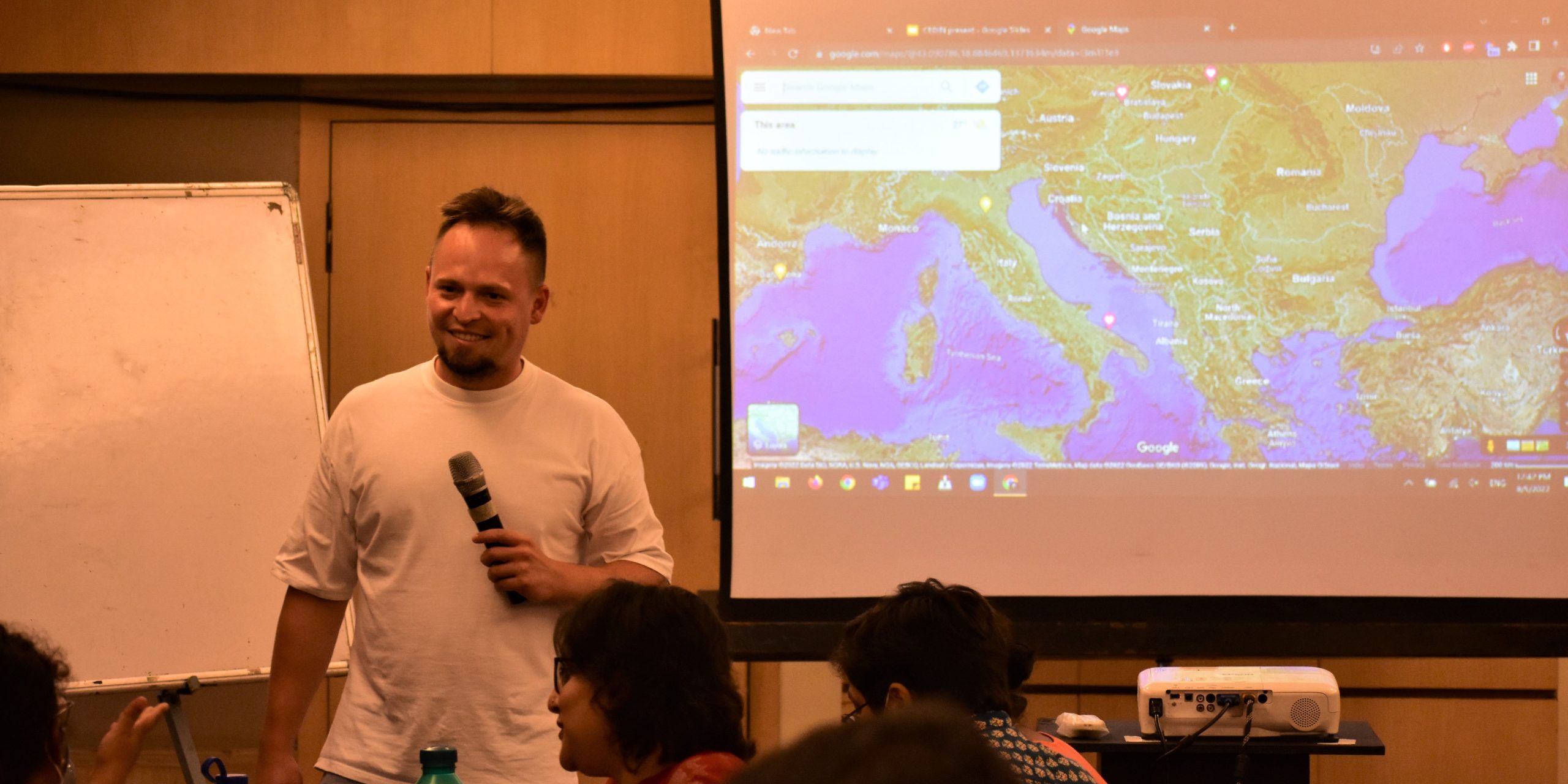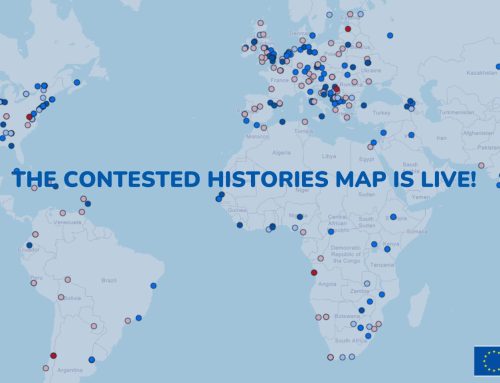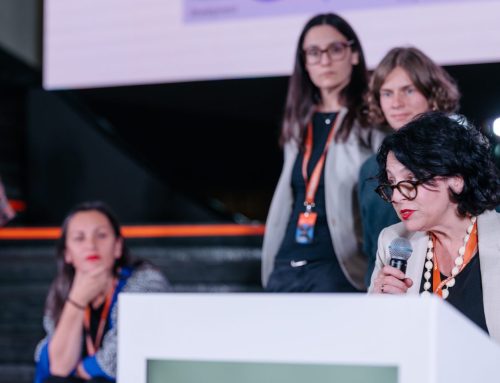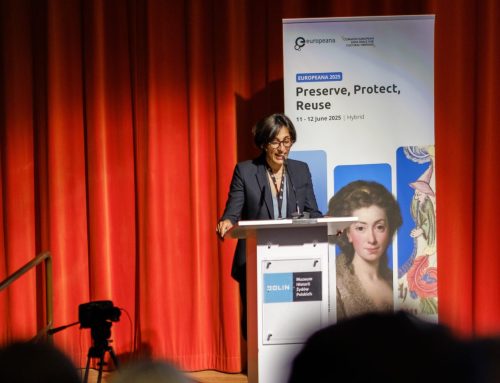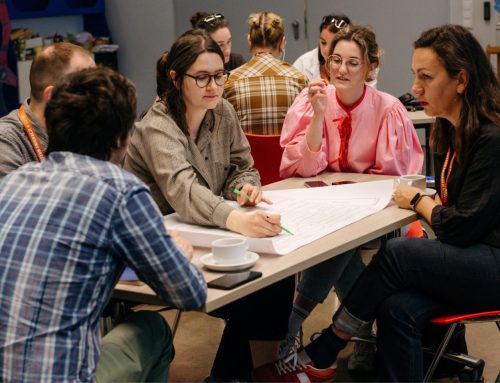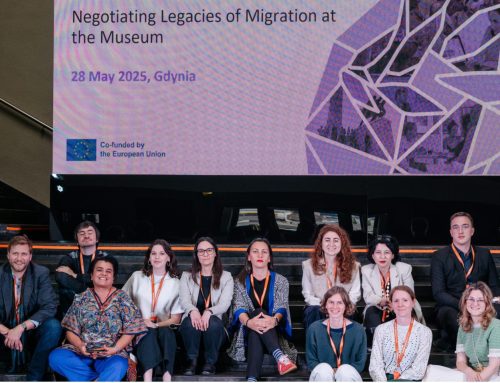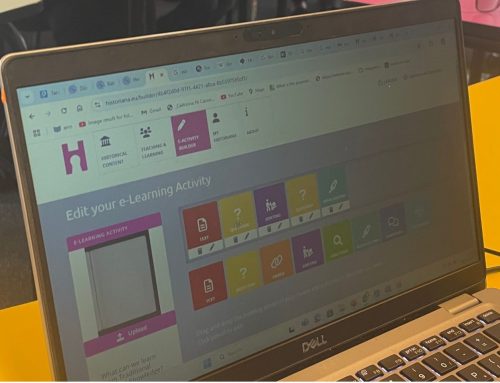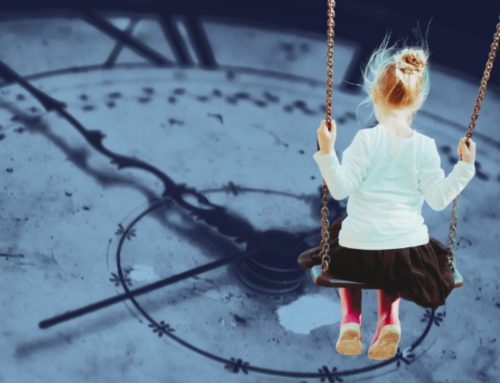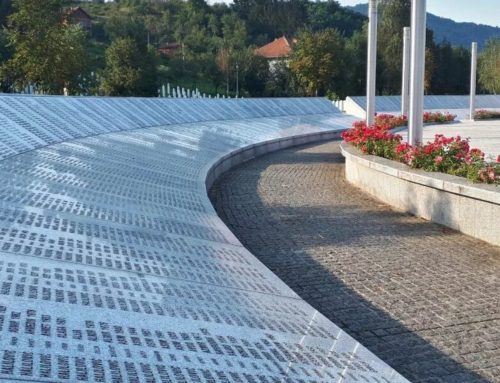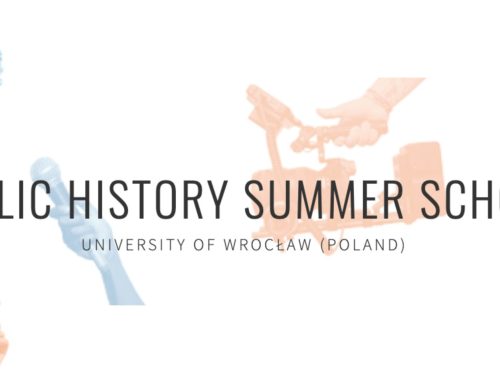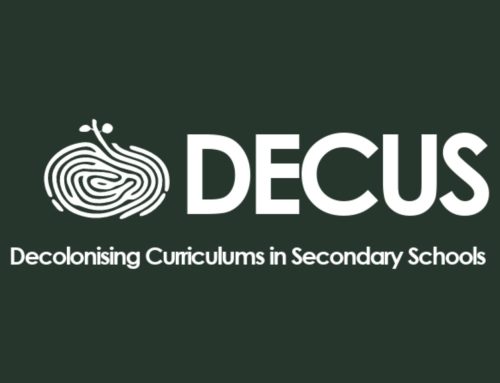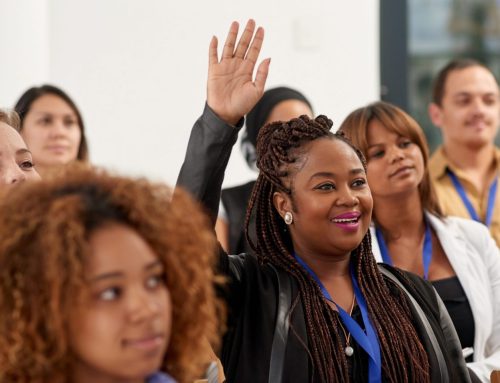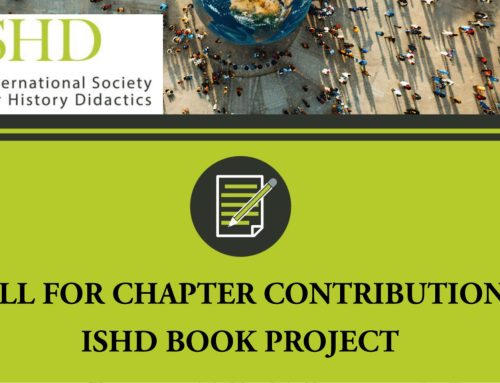EuroClio Board Member and Chairman of the Centre for Education and Innovations (CEDIN), Juraj Varga, travelled to Kolkata in India to represent EuroClio at the History for Peace conference ‘The Idea of Democracy’, organised by the Seagull Foundation for the Arts on 4-6 August 2022. Juraj shares his impressions from a productive visit to India:
Let me share my experience from representing EuroClio and learning and teaching what it stands for. We were invited by our long term partner the Seagull Foundation to a teacher conference in Kolkata in India during the summer of 2022. This sounded like an amazing challenge and adventure, because I had never been that far to the East from Europe and I had never facilitated workshops to Indian teachers before.
The travel itself is another story, but let me focus this report on the conference and the participants. I really enjoyed the format of the conference, with brilliant lecturers opening the day (and I really have to say that what Indian thinkers explore is far more complex and multi-layered than what we think about in Europe, a good food for thought) followed by skilled facilitators bringing in parallel workshops. I can’t report on all the workshops, because I facilitated the same workshop on the second and third day within parallel workshops sessions, but I can share my impressions.
My idea was to present EuroClio and its work and to share with the Indian participants Valerio Bernardi’s learning activity about the Vlora Cargo Ship (from the Learning to Disagree project) and my activity applying Joanna Wojdon’s strategy Using commemorative practices to teach that history is a constructed narrative from EuroClio’s Self Guided Online Course. I chose both activities because I consider them brilliant examples of methodologies that can be easily grasped and transferred into teaching anywhere, even if they are set in European contexts.
I couldn’t have hoped for a better start. Both activities increased the group dynamics and opened the teachers for more discussions. To my greatest satisfaction they also started to throw in examples about their contexts when it comes to migration or the past of specific places in their urban areas. We also had a chance in both workshops to explore Historiana and its functionalities and layout.
Besides these fruitful workshops I took back home with me two key memories;
- Romila Thapar’s note that even after decades the textbooks are still like telephone directories – a number and a name (during a panel discussion at the end of the conference).
- Krishna Kumar’s note that democracy is fractured and schools can and have to be the places of healing.
Written by Juraj Varga, Autumn 2022.

